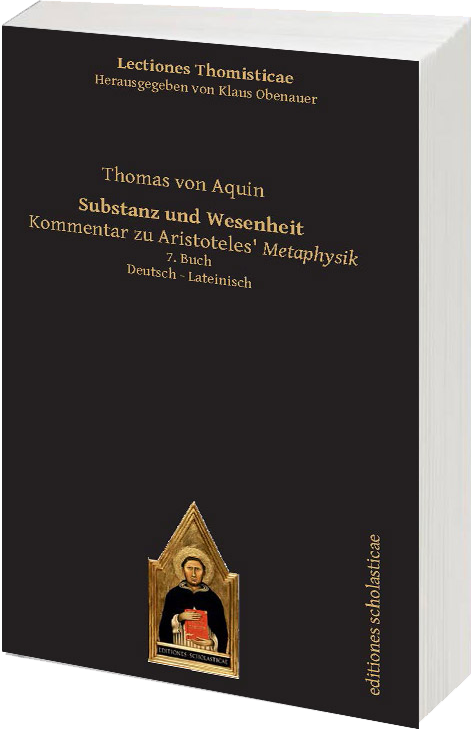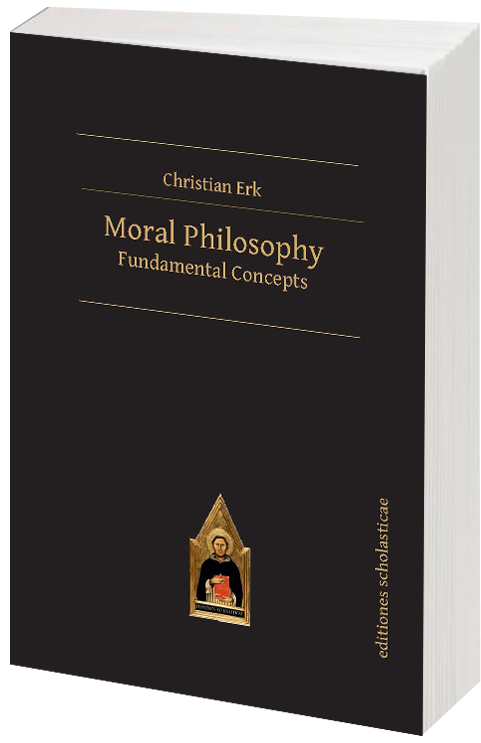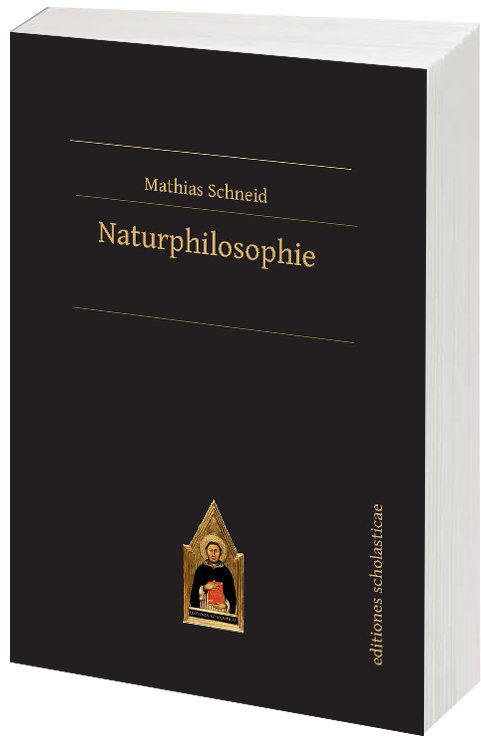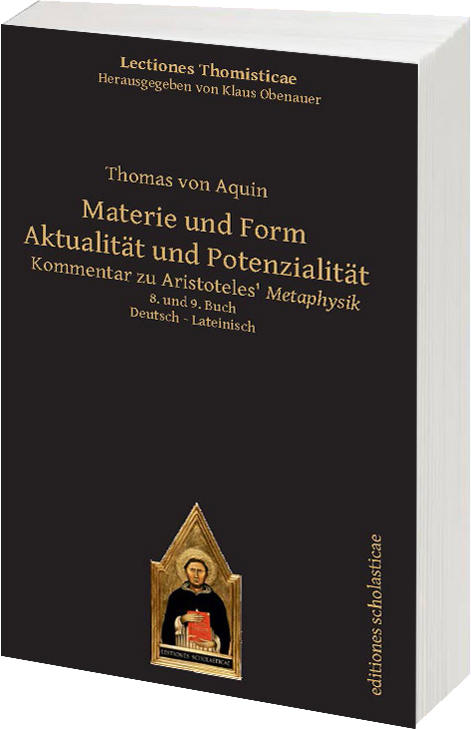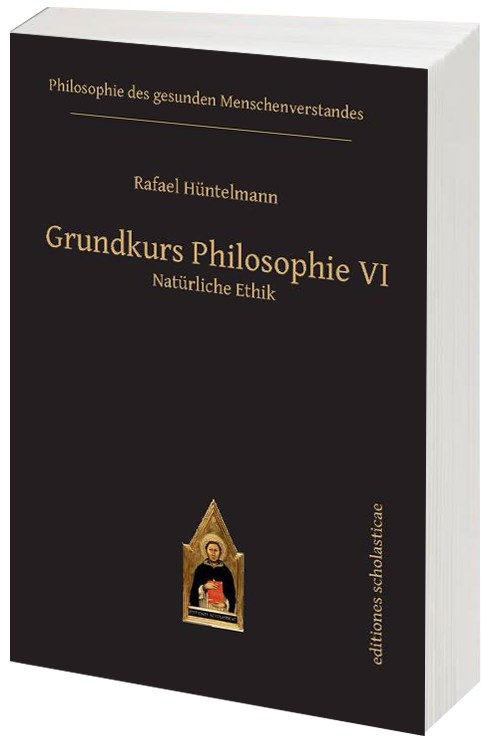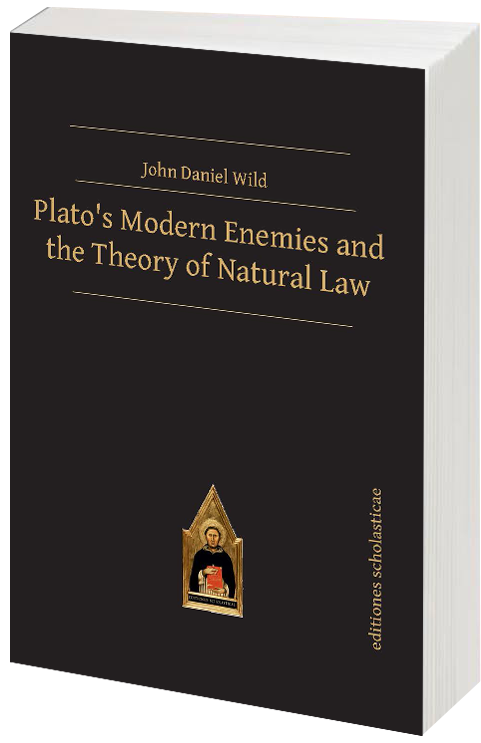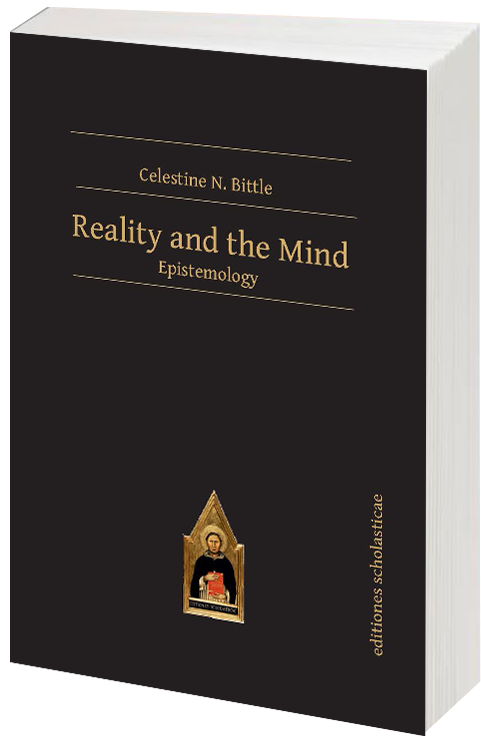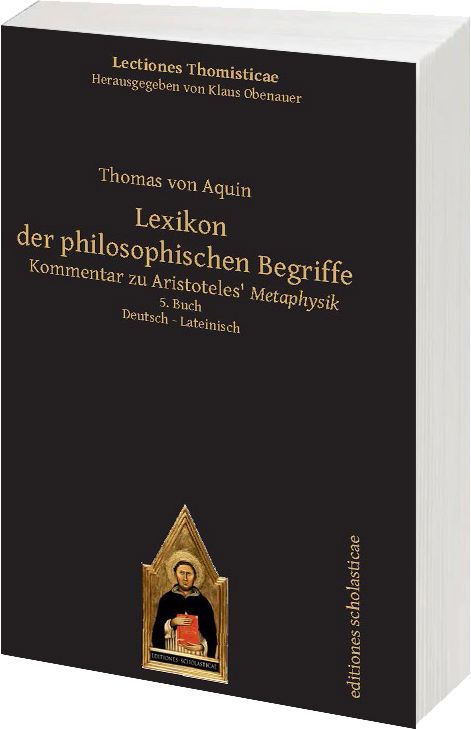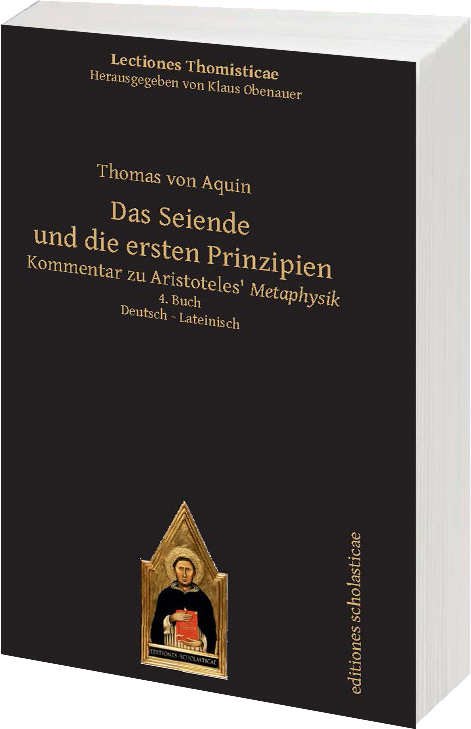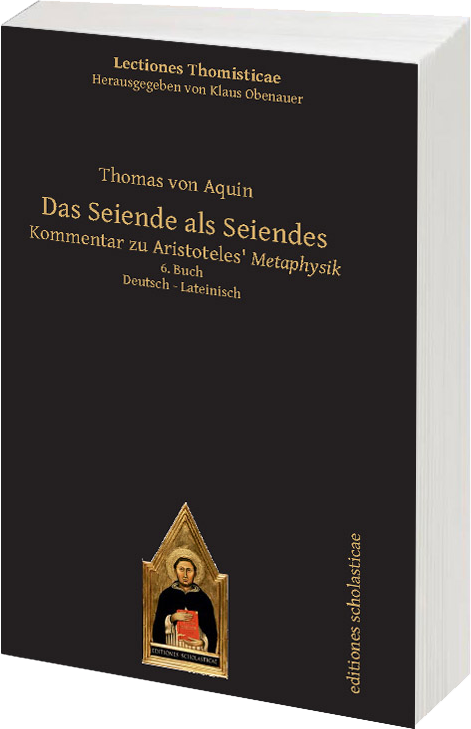Substanz und Wesenheit
Kommentar zu Aristoteles‘ Metaphysik. Deutsch – Lateinisch 7. Buch Abstract Das siebte Buch des Metaphysik-Kommentars behandelt die für die aristotelisch-thomistische Philosophie ganz zentrale Thematik der Substanz und der Wesenheit. Thematisiert werden die Substanz als Form und Materie, die Priorität der Form und die Frage der Wesenheit. Weiterhin behandelt Thomas das Thema des Werdens und das…

